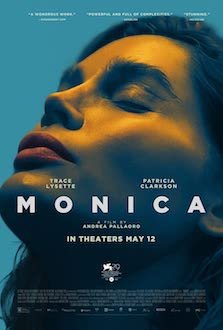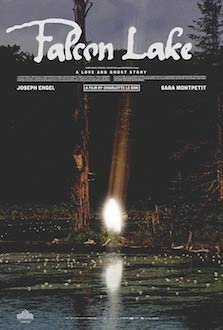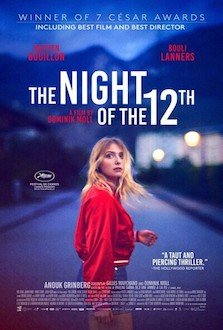Direction: Nicole Holofcener
Country: USA
Writer, director and producer Nicole Holofcener (Please Give, 2010; Enough Said, 2013) has a penchant for exploring adult relationships with a certain kind of humor that, most of the time, feels modest. You Hurt My Feelings, intended as a tuneful satire about an upper-middle class Manhattan couple, mixes smart observation with a less effective execution.
At the center we have Beth (Julia Louis-Dreyfus ) and Don (Tobias Menzies), who have been happily married for years. She’s a writer and literature professor desperately striving to put her long-awaited sophomore novel out; he’s a psychotherapist who definitely needs a break as he keeps mixing his patients’ life details. Their 23-year-old son, Elliott (Owen Teague ), manages a weed store and wants to be a writer. And then we have Beth’s ever-supportive sister, Sarah (Michaela Watkins), her struggling actor husband Mark (Arian Moayed), and her finicky mother, Georgia (Jeannie Berlin). The world seems to collapse when Beth incidentally eavesdrops on Don disclosing he doesn’t like her new book.
The story - in the attempt to differentiate lying from encouragement - is plausible, but by adopting a cozy ambience for every situation, Holofcener makes us always feel comfortable. Hence, the dramatic stakes are at the minimum, not to mention that everything gets fixed in a blink of an eye, and with a lightness that doesn’t convince. It’s a shrewd plot with some sharp dialogue, which, nevertheless, lacks edginess and a satisfying resolution.
You Hurt My Feelings is an insufferably cute rom-com but I have absolutely no qualms in saying that it misses out on something. Although the director and her cast bring some funny situations to keep the story going, the film leans more on the average side.








































